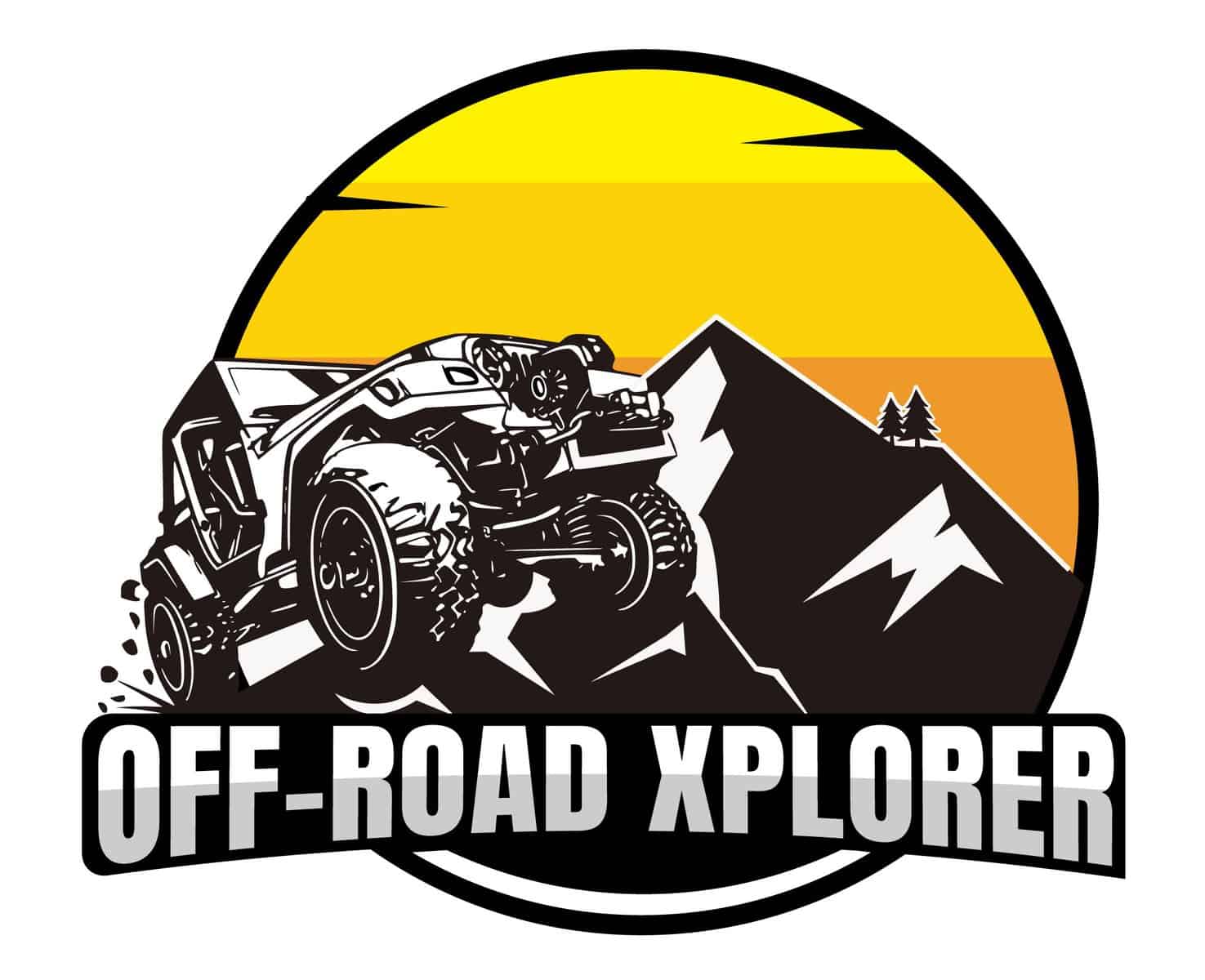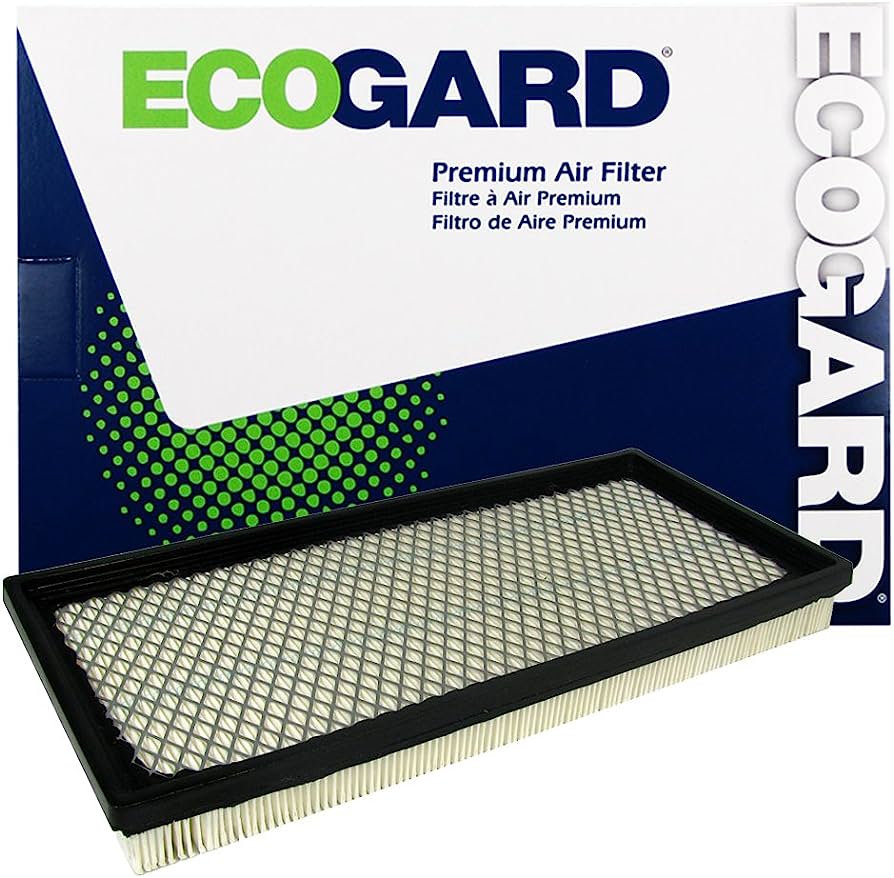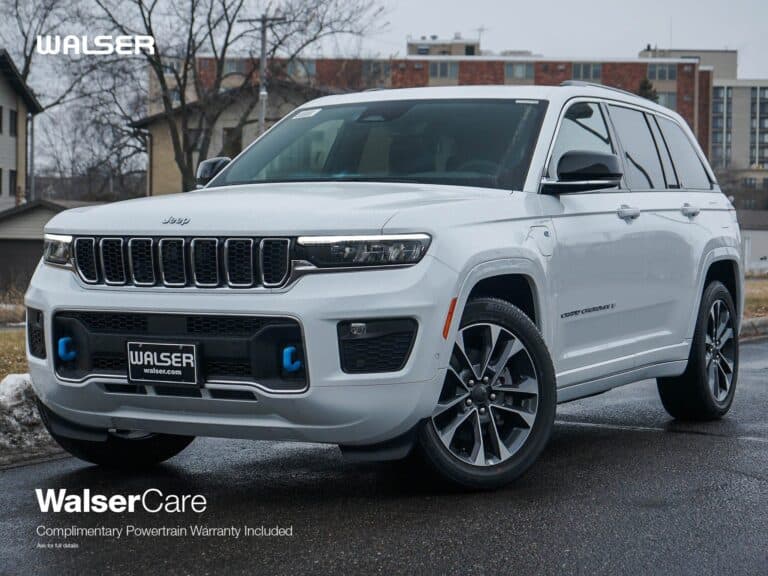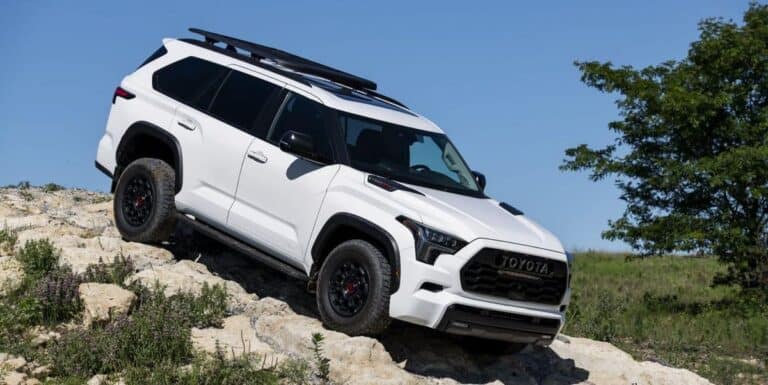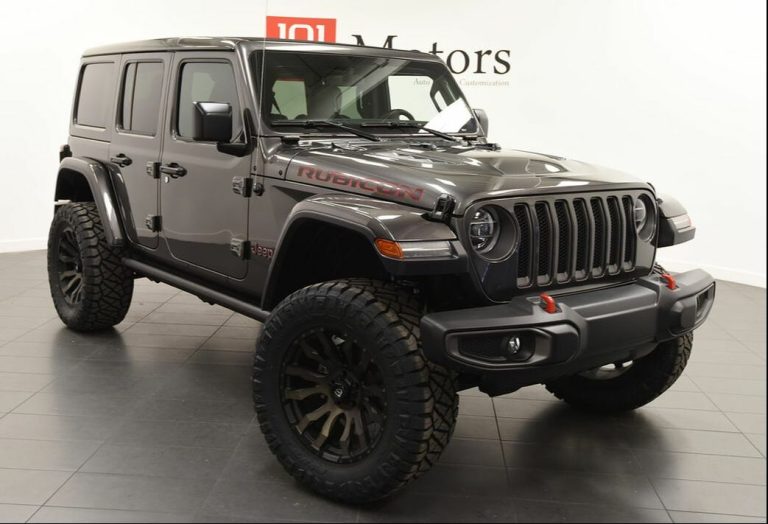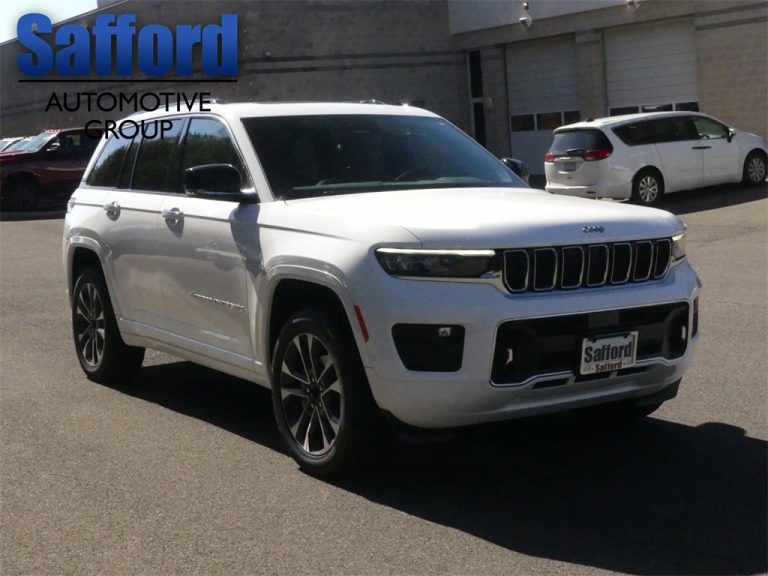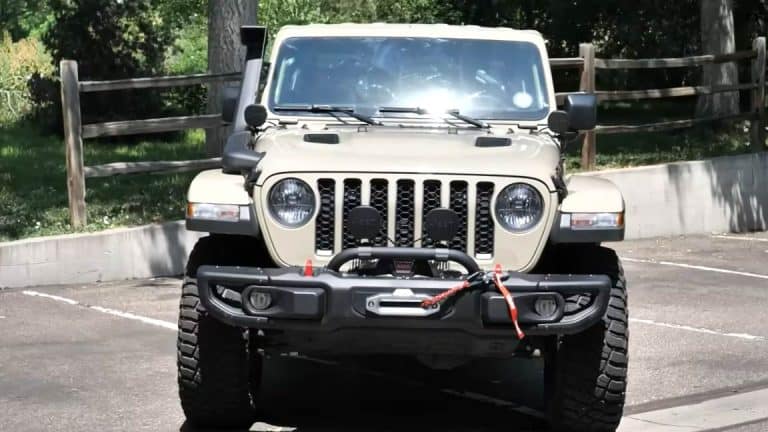Unlocking the Secret to 40 Liter Jeep Engine Life Expectancy
The life expectancy of a 4.0-liter jeep engine is around 200,000 miles with proper maintenance and care. The 4.0-liter jeep engine is a reliable and long-lasting powertrain.
With proper maintenance, it can last up to 200,000 miles or more. However, several factors can influence life expectancy, such as maintenance history, driving conditions, and usage. Regular oil changes, tune-ups, and keeping the engine clean are essential for longevity.
In this article, I will discuss the topic for 40 liter jeep engine life expectancy. Jeep owners who drive in harsh environments or use their vehicles for off-roading may experience a shorter lifespan.

Credit: www.danburyhyundai.com
The Anatomy Of The 4.0 Liter Jeep Engine
Jeep’s 4. 0-liter engine is a legendary powerhouse that has stood the test of time. The sturdy engine is revered for its durability, and many jeep enthusiasts swear by its reliability. But what exactly is inside the 4. 0l engine that makes it such a robust machine?
Let’s look at its internal components in-depth and explore how each part plays a crucial role in its performance and longevity.
In-Depth Look At The Internal Components Of The Engine
Cylinder Block
The engine’s cylinder block is machined from cast iron and houses the engine’s combustion chambers. Cylinder blocks manage fuel combustion and distribute oil throughout the engine. It is kept cool by the engine’s cooling system and works in tandem with the pistons to ensure stable and consistent power delivery.
Pistons
The 4. 0l engine comes with six pistons that move up and down inside of the cylinder block as the engine runs. Their job is to compress the fuel and air mixtures in the engine before ignition takes place. The pistons’ diameter helps determine the engine’s displacement and, in turn, its horsepower and torque.
Cylinder Head
The cylinder head sits on top of the cylinder block and seals the combustion chambers. It helps to direct airflow and keep the engine cool by channeling coolant flow around the engine. The cylinder head’s design and shape are vital to the engine’s power delivery and fuel efficiency.
Crankshaft
The crankshaft is the engine component that converts the up and down motion of the pistons into the rotational force that turns the vehicle’s wheels. The six-cylinder 4. 0l engine runs on a cast iron crankshaft, which is durable and robust.
It is produced through a milling process that aligns each stroke with the corresponding pistons.
Camshaft
The camshaft sits above the engine’s cylinder head and opens and closes the engine’s intake and exhaust valves. The cast iron or steel component is designed to handle the engine’s high revving and extreme conditions.
The camshaft design and size dictate the engine’s power delivery and performance.
Connecting Rods
The connecting rods are responsible for linking the pistons to the crankshaft. The rods are made of durable, lightweight material and provide immense strength for the engine. Their design and length are vital in balancing the engine’s internal forces and maintaining its performance.
The Jeep 4. 0l engine boasts a reputation for reliability and durability. Understanding the anatomy of its internal components makes it easy to see why. The engine’s strength lies in the quality and design of its components, allowing it to withstand the toughest terrain and longest journeys effectively.
Maintenance Tips For 4.0 Liter Jeep Engine
Jeep’s 4. 0-liter engine is known for its durability and reliability. With proper maintenance, it can run for many years. This engine’s lifespan depends on how well it is maintained. This section will discuss some essential maintenance tips to help you keep your 4.
0-liter jeep engine running smoothly.
Regular Oil Changes And Why They Are Essential
Regular oil changes are vital to the health of your engine. The oil lubricates the engine’s internal parts, ensuring they run smoothly and do not wear down quickly. The oil also helps cool the engine by dissipating heat. If you neglect regular oil changes, the oil becomes dirty and breaks down, causing mechanical problems.
Here are key points to remember when changing your jeep’s oil:
- Change the oil every 3,000 miles or three months, whichever comes first.
- Use high-quality oil and follow the manufacturer’s recommendations in the owner’s manual.
- Replace the oil filter with each oil change.
Importance Of Changing Filters, Fluids, And Spark Plugs
The engine’s filters, fluids, and spark plugs also play an essential role in the engine’s performance and lifespan. Dirty filters, old fluids, and worn-out spark plugs can cause damage to the engine over time. Therefore, regular maintenance of these parts is crucial.
Here are some maintenance tips for these engine parts:
- Change the air filter every 12 months or when it becomes dirty.
- Replace the fuel filter every 24,000 miles.
- Check transmission fluid levels regularly and replace after every 30,000 to 60,000 miles.
- Check coolant levels regularly and replace every 2 to 3 years or 30,000 to 50,000 miles.
- Replace spark plugs every 30,000 miles.
Use Of High-Quality Parts And Lubricants
Investing in high-quality parts and lubricants can extend the lifespan of your engine. Cheap parts and low-quality lubricants may seem like a cheaper option at the time, but they can cause undue wear and damage to the engine.
Choose high-quality parts made specifically for your jeep’s engine, and use lubricants that meet or exceed manufacturer’s specifications. Using high-quality parts and lubricants may be a bit more expensive upfront, but it can save you from costly repairs in the long run.
To sum up, if you want your 4. 0-liter jeep engine to last, regular maintenance is crucial. Make sure to follow the manufacturer’s recommendations for oil changes, air filter replacement, and other maintenance tasks, and use high-quality parts and lubricants when required.
Doing so will help ensure your engine runs smoothly and efficiently for years.
Common Issues And How To Fix Them
Identifying And Resolving Overheating Problems
Jeep engines are known for their durability, but they’re not perfect. One of the most common issues with jeep engines is overheating, which can lead to engine damage if left unchecked. Here are some things to look out for:
- Check the cooling system for any leaks or clogs. A leaking radiator or a blocked hose can cause the engine to overheat.
- Check the thermostat to make sure it’s working properly. If it’s stuck closed, it can prevent coolant from flowing through the engine.
- Check the radiator fan to make sure it’s working properly. A faulty fan can prevent air from flowing over the radiator, causing the engine to overheat.
Troubleshooting Common Performance Issues
No matter how well-maintained your Jeep engine is, you may still encounter performance issues occasionally. Here are some common problems and how to fix them:
- Misfiring: Check the spark plugs and ignition system. Worn or dirty spark plugs can cause misfiring.
- Poor fuel economy: Check the air filter, fuel injectors, and oxygen sensors. A clogged air filter or faulty sensors can reduce fuel efficiency.
- Stalling: Check the idle air control valve and the throttle body. A dirty or faulty valve can cause the engine to stall.
Addressing Common Leaks And Their Solutions
Jeeps are prone to leaks but can usually be fixed relatively easily. Here are some common leaks and how to fix them:
- Oil leaks: Check the valve cover gasket, oil pan gasket, and rear main seal. A worn or damaged gasket can cause oil leaks.
- Coolant leaks: Check the radiator, hoses, and water pump. A damaged hose or cracked radiator can cause coolant leaks.
- Transmission fluid leaks: Check the transmission pan and gasket and the torque converter seal. A damaged gasket or seal can cause transmission fluid leaks.
Taking good care of your jeep engine is crucial to ensuring it lasts as long as possible. Regular maintenance, keeping an eye out for common issues, and addressing them quickly can help save you from costly engine repairs down the line.
Driving Habits And Longevity
Effect Of Driving Habits On Engine Life And Performance
Your driving habits can significantly impact the lifespan and performance of your 4. 0-liter Jeep engine. Some driving habits may prolong the engine’s lifespan, while others may harm its performance. Here are some key points to consider:
- Avoid rough driving: Rough driving or over-acceleration can cause excessive wear and tear on the engine and its components, including the pistons, rings, and bearings. Over time, this can reduce engine performance and lower fuel efficiency. Therefore, drive smoothly and gently on the road to prevent premature engine wear.
- Maintain steady speed: Regular changes in speed can also increase the engine’s wear and tear, leading to reduced performance and longevity. Therefore, try to maintain a consistent speed while driving on the highway or other long stretches of road.
- Drive a warmed-up engine: Cold-starting and immediately driving off can damage internal components. Wait a few seconds to allow the engine oil to circulate and warm up before driving away. This is another way to extend the engine life and ensure optimal performance.
How To Get The Most Mileage Out Of Your 4.0 Liter Jeep Engine
Getting the most mileage out of your 4. 0 liter jeep engine requires proper maintenance and care. Here are some tips:
- Regular oil changes: Regular oil changes are the most important aspect of maintaining your engine’s health. Every 3000-5000 miles, change the oil and oil filter. Dirty oil and clogged oil filters can lead to engine damage and lower performance.
- Air filter replacement: The air filter, which protects the engine from harmful impurities and debris, should be replaced every 12,000 miles. A dirty air filter can damage the engine by allowing contaminants inside.
- Check coolant regularly: Proper engine cooling is essential for its longevity. Check the coolant levels regularly and maintain the appropriate level as marked in the reservoir.
- Timely tune-ups: Tune-ups can help maintain the correct timing on your engine and adjust other critical components. Scheduling regular tune-ups can help keep your engine running smoothly and efficiently.
- Regular inspection: Regularly inspect the engine to ensure that all the parts are in good condition, and there are no visible issues that can cause harm shortly.
What To Avoid To Prevent Damage And Ensure Longevity
Avoiding certain behaviors can help prevent damage to your engine and ensure longevity. Here are some points to consider:
- Overloading the engine: Overloading the engine by exceeding the recommended vehicle load can strain its components unnecessarily and cause early damage.
- Ignoring warning signs: A warning sign can indicate an emerging issue in your engine. Such signs must not be ignored; you should consult a trusted mechanic immediately.
- Skipping regular maintenance: Regular maintenance can cause engine damage as several parts may stop working over time, leading to catastrophic failure.
- Choosing the wrong lubricant: Choosing the wrong engine lubricant can damage the engine by causing blockages and increasing wear and tear. Thus, always use the recommended lubricant for your engine.
- Towing consistently with too much weight: Towing with excess weight behind your vehicle can cause significant strain and damage the engine. Ensure you tow only within the recommended weight limit to preserve the engine.
By following these simple tips and regular maintenance, you can extend the longevity of your 4. 0-liter jeep engine and enjoy its optimal performance.
Frequently Asked Questions On 40 liter jeep engine life expectancy
What Is A 40 liter jeep engine life expectancy?
The 4. 0 liter engine is a high-output six-cylinder engine commonly used in jeep vehicles.
What Is The Life Expectancy Of A 4.0 Liter Jeep Engine?
The life expectancy of a 4. 0 liter jeep engine is approximately 200,000-300,000 miles with proper maintenance.
How Can I Maintain My 4.0 Liter Jeep Engine For Longevity?
Maintain your 4. 0 liter jeep engine by changing the oil regularly, checking the cooling system, and using quality parts.
What Are Common Issues That Affect The 4.0 Liter Jeep Engine?
Common issues affecting the 4. 0 liter jeep engine include overheating, cracked cylinder head, and oil leaks.
Can The 4.0 Liter Jeep Engine Be Rebuilt If It Fails?
Yes, the 4. 0 liter jeep engine can be rebuilt if it fails, but replacing it with a crate engine may be more cost-effective.
Conclusion
The 4. 0 liter jeep engine is known for its unmatched reliability and longevity, with the potential for it to last up to and beyond 300,000 miles with proper care. Regular maintenance and timely repairs are crucial for extending its lifespan, as neglect could result in expensive and irreversible damage.
Despite its age, the 40 liter jeep engine life expectancy has stood the test of time, remaining popular among jeep enthusiasts. With its ability to perform in various environments and conditions, including off-roading and towing, it’s no surprise that this engine has developed such a dedicated following.
So, if you’re fortunate enough to have a jeep with a 4. 0-liter engine, give it the care it deserves and enjoy the reliability and strength it has to offer for years to come.
